Read this essay in Indonesian
he sun blazed over the outskirts of Mosul on that day. It was 2018, and the coalition forces were pursuing a lead about an ISIS hideout. The atmosphere was tense. There were reports of suicide bombers ambushing the troops in a final, desperate attempt to resurrect the fading dreams of the Caliphate.
When the soldiers broke into the house, they found no remaining ISIS soldiers but dozens of women and children chained to the walls. ISIS kept them as human shields or suicide bombers. The soldiers assured the prisoners they were now safe, and ISIS could no longer harm them. They transported the women and children to a trauma center in a nearby city. This is where we first met Nora.
She walked into the reception room and stood before us in palpable agony. She trembled, covered in dirt, sweat, and blood. Tears streamed down her face. She looked as though she hadn’t eaten in days, yet her only concern was to cover her macerated body with the rags that had once been clothes.
In 2014, ISIS gunmen sweeping through western Iraq came to Nora’s rural community and declared her people infidels. Most historians of the Islamic state agree that ISIS was founded by jihadists who wanted to fuel the war between Sunnis and Shiites in Iraq and establish an Islamic caliphate that would eventually take over the world. ISIS believed their extremist version of Islam was the only right way. They killed or imprisoned anyone who disagreed—even fellow Muslims who held a moderate view of Islam.
When ISIS militias infiltrated Nora’s region, they captured thousands of women and girls as sex slaves and slaughtered many men. Abducted from her house, Nora witnessed the murder of several of her family members on the village streets. She lived in ISIS captivity in Mosul until coalition forces freed her four years later.
After coming to the governmental trauma center, Nora received clothing, blankets, toiletries, and food from our Impact Middle East (IME) team. She reconnected with her extended family, and they went to live in a makeshift tent in a refugee camp in Northern Iraq.
During the ISIS takeover of Iraq and Syria, about 7,000 Muslim, Yazidi, and Christian children and women like Nora were taken as slaves. While many have now been rescued, 2,768 are still missing. Along with the IME Center, many other Christian ministries work with victims to serve their emotional, mental, and physical needs.
Through the winding and painful roads of her journey, Nora spent her days inside a tent, with any remnant of hope dwindling by the day. How was she to know that in the midst of her sadness, waiting out her days in a refugee tent, her life was about to change?
On a blistering day, as the sand scattered and blended in the wind, an Arab Christian named Jamila arrived in the camp with the sole intent of visiting Nora.
Years earlier, Jamila had left a high-paying job in her own country and moved to Iraq to work with former sex slaves in refugee camps. Driven by a burning desire to see God heal the brokenhearted, she had studied trauma care and counseling. Now Jamila was a staff member with IME who made it her mission to work with a local church at a nearby community center.
When Jamila found Nora, she invited her to a tailoring workshop and a trauma care group where a team from the church taught her sewing skills and gave her a loan to start a small business. After the sewing sessions, the women would gather with Jamila in group therapy and one-on-one counseling sessions.
As Jamila and Nora formed a bond, Nora slowly opened up about the horrors she had faced. “ISIS fighters put us in cages and held an auction to sell us to the highest bidder. They called us sabaya [and] female slaves. We were reduced from human beings into commodities that could be bought and sold.” Nora confided in Jamila about how she was sold or gifted from one jihadist to another and how they raped and beat her, calling her an infidel.
As Nora shared her horrific stories, it became clear to Jamila that Nora blamed herself for the abuse that happened to her, and that she struggled with deep confusion and even suicidal thoughts. Nora had convinced herself that she might have done something wrong—or not done enough to stop it. With this burden, Jamila was led to her knees to pray for Nora every day.
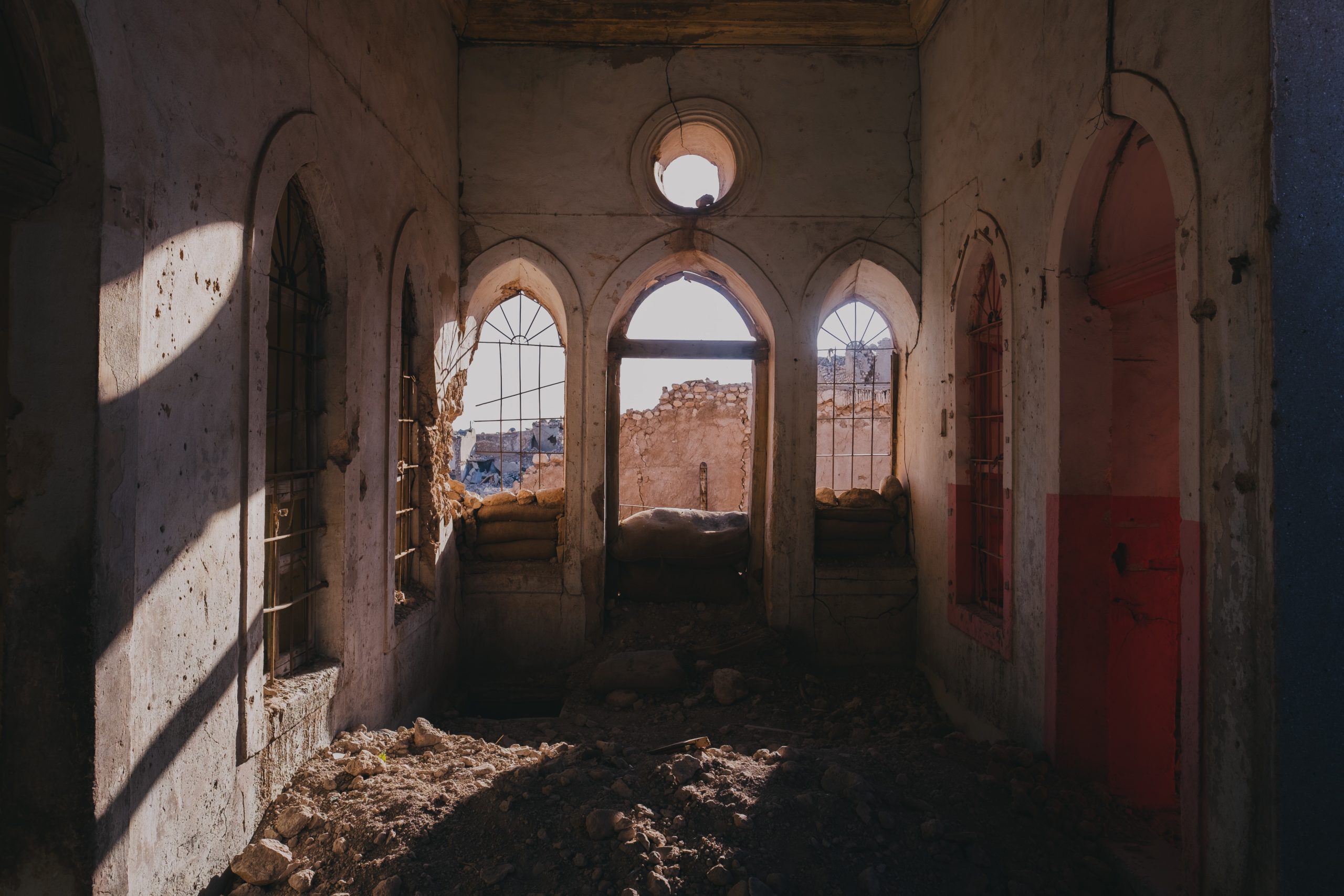
Levi Meir Clancy
As Jamila led her tailoring classes, hearing the stories of former ISIS slaves, she taught them how to understand their trauma and build emotional resiliency. She offered them hope that healing was possible. Over a span of months, many women showed remarkable improvement and a genuine desire to reclaim their agency and independence.
Nora, however, continued to struggle. The faces of her murdered family haunted her dreams. She often fainted and fell during sewing class, striking her head on the ground. Jamila was heartbroken for her. One night, she returned from the refugee camp to her home and locked herself in her room for hours, weeping and crying out to God.
The following morning, Jamila returned to the IME Center and encouraged Nora to stay after class. Jamila asked her permission to pray over her in the name of Jesus. Nora knew of Jesus, but believed he was a prophet and nothing more. Nonetheless, desperate for healing, Nora agreed. Jamila held her hands and closed her eyes. As they prayed, Jamila experienced what she perceived to be a vision from the Lord. She saw Nora standing in her tent with a knife at her wrists, attempting to take her own life.
Jamila immediately stopped praying and asked Nora if she had tried to commit suicide. She described the picture she had seen, the clothes Nora was wearing, and the room she was in. Nora was terrified because her secret had been uncovered. She had always worn long sleeves to hide the scars of her attempt. Weeping, she asked Jamila in disbelief, “How could you know that about me? How could you see that?”
Jamila replied, “Our God is a loving Father. He sees you. He sees your pain and your suffering, and he cares for you. He wants you to know he was with you in the tent that night that you tried to kill yourself.”
For the first time in her life, Nora prayed to God as her Father. She had been taught since childhood to regard God as a demanding master, but that night she experienced the unconditional love of a heavenly Father to work a miracle in her life amid overwhelming pain and suffering. In the following weeks, Jamila started to disciple Nora, teaching her about the compassion and care God has for her.
In the beginning of her journey with this newfound faith, Nora still struggled with the question, “Where was God when ISIS attacked my village? How can a loving Father allow so much evil and suffering?” Jamila walked with her through the consequences of free will and the pain of sin. God not only cares about our pain, Jamila said, he also suffers with us.
The words of revelation resonated with hope in her war-torn frame, the promise that there will come a day when God will wipe away every tear, and “there will be no more death or mourning or crying or pain, for the old order of things will pass away” (Rev. 21:4).
After a few months of this revelation of divine love, Nora prayed with Jamila from her most heartfelt place: “Abba taught me that I am loved, that I am beautiful, that I am precious. He told me that he is a masterful artist who binds up the brokenhearted, sets the captive free, and brings beauty out of ashes.”
Cover Photograph by Isaak Alexandre Karslian
Enjoying the Globe Issue?
Order your Deluxe
Print Edition Today!
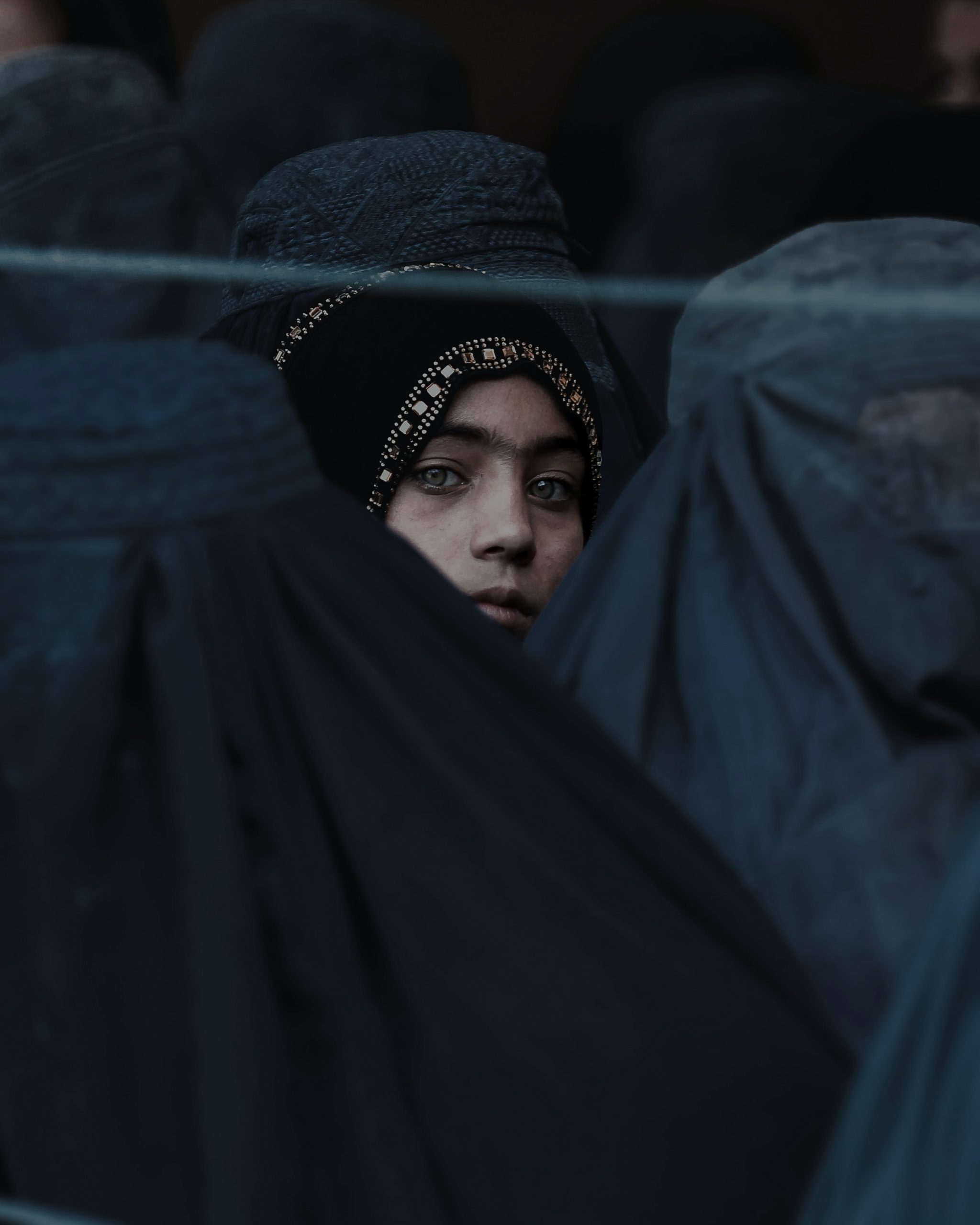

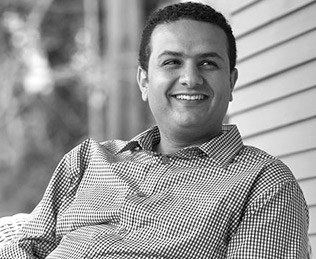

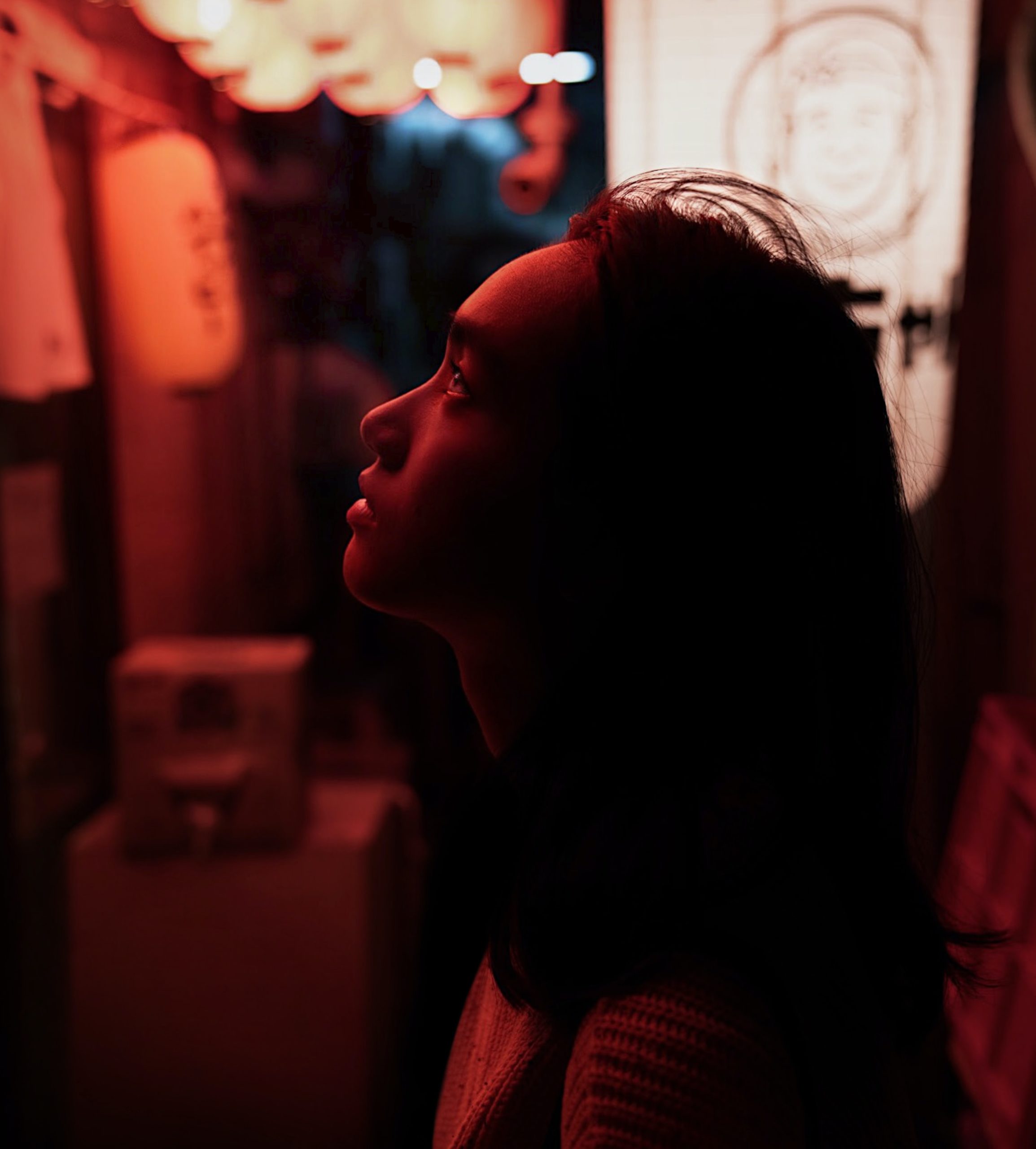
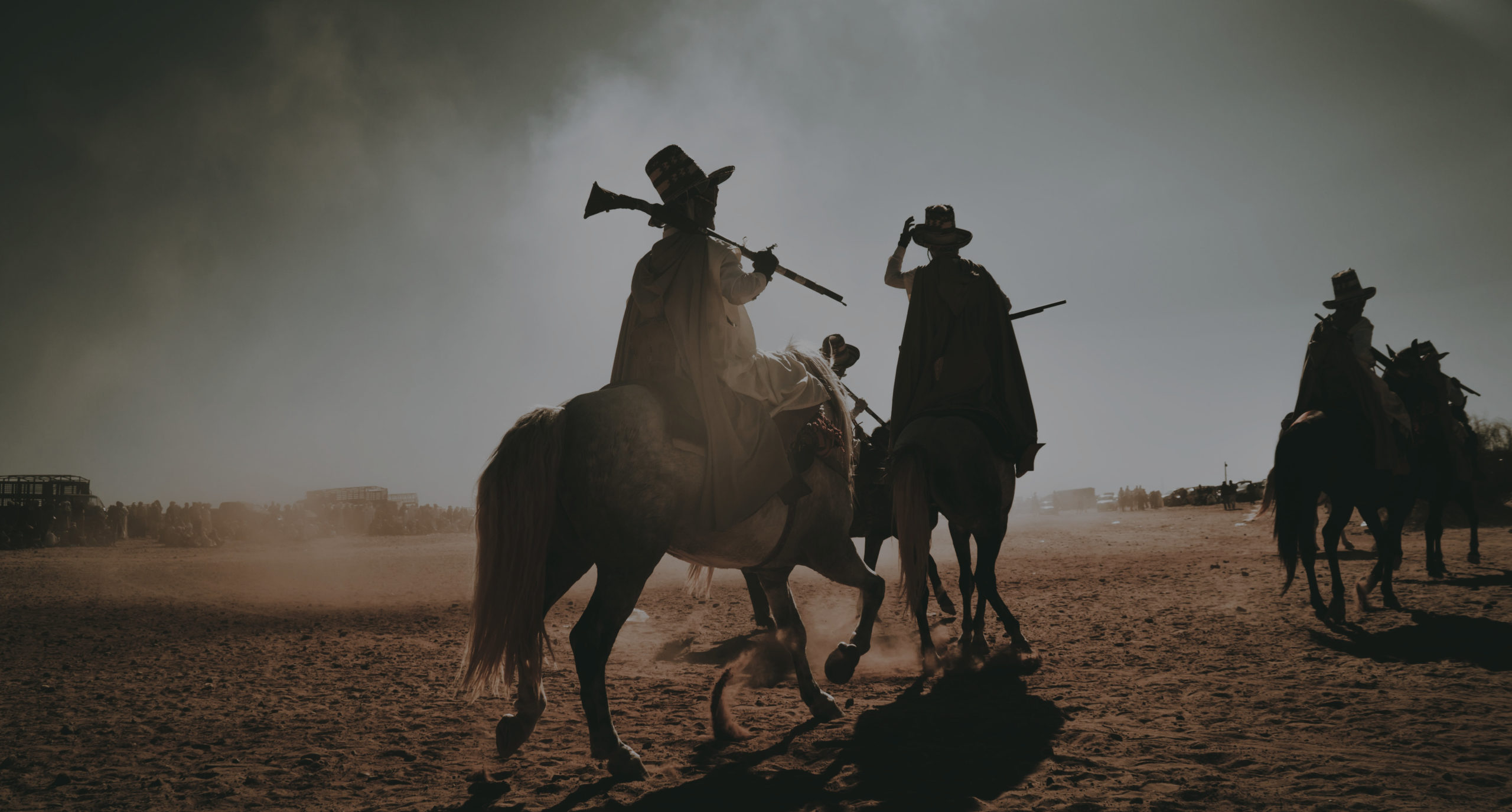

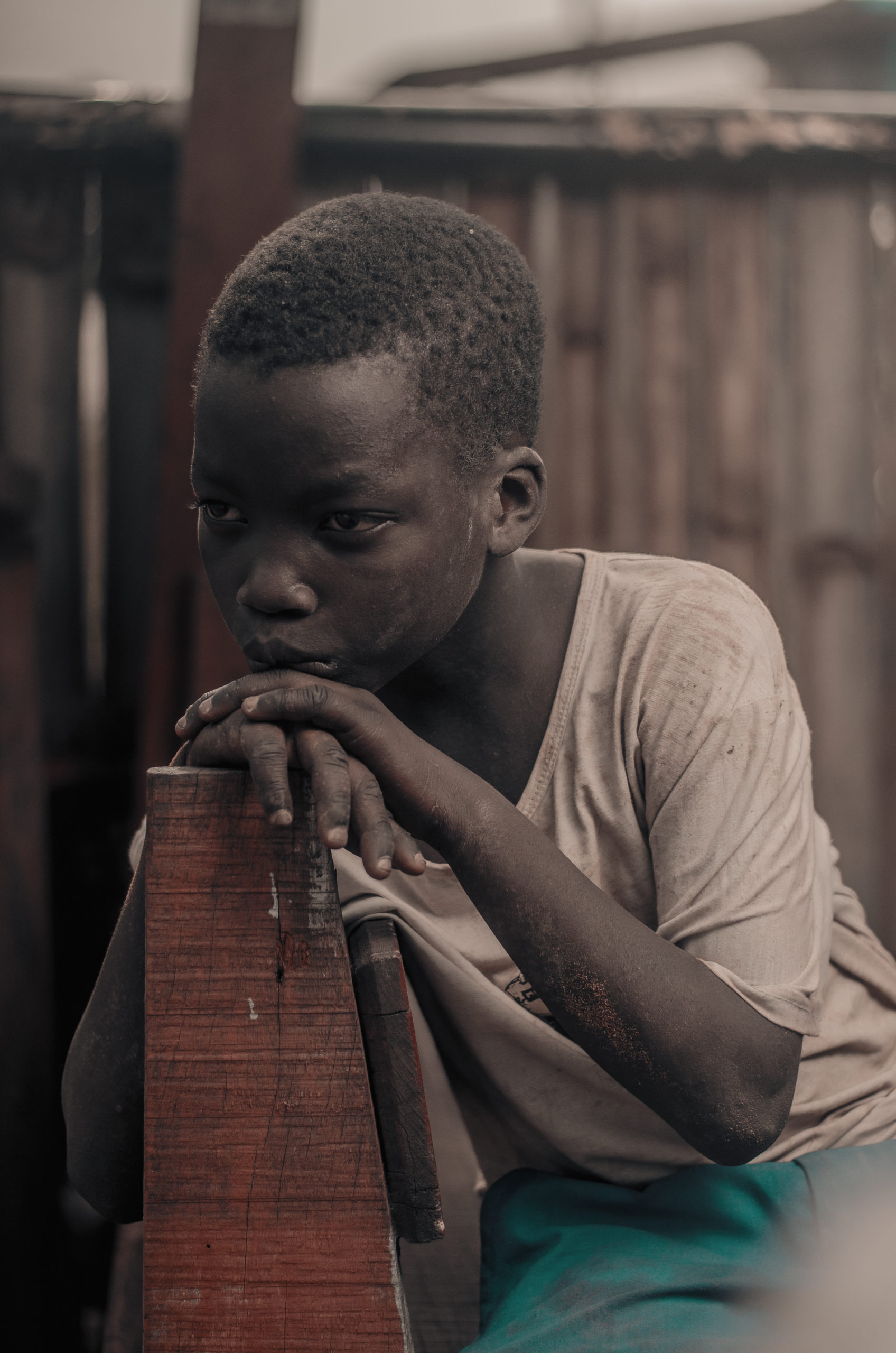
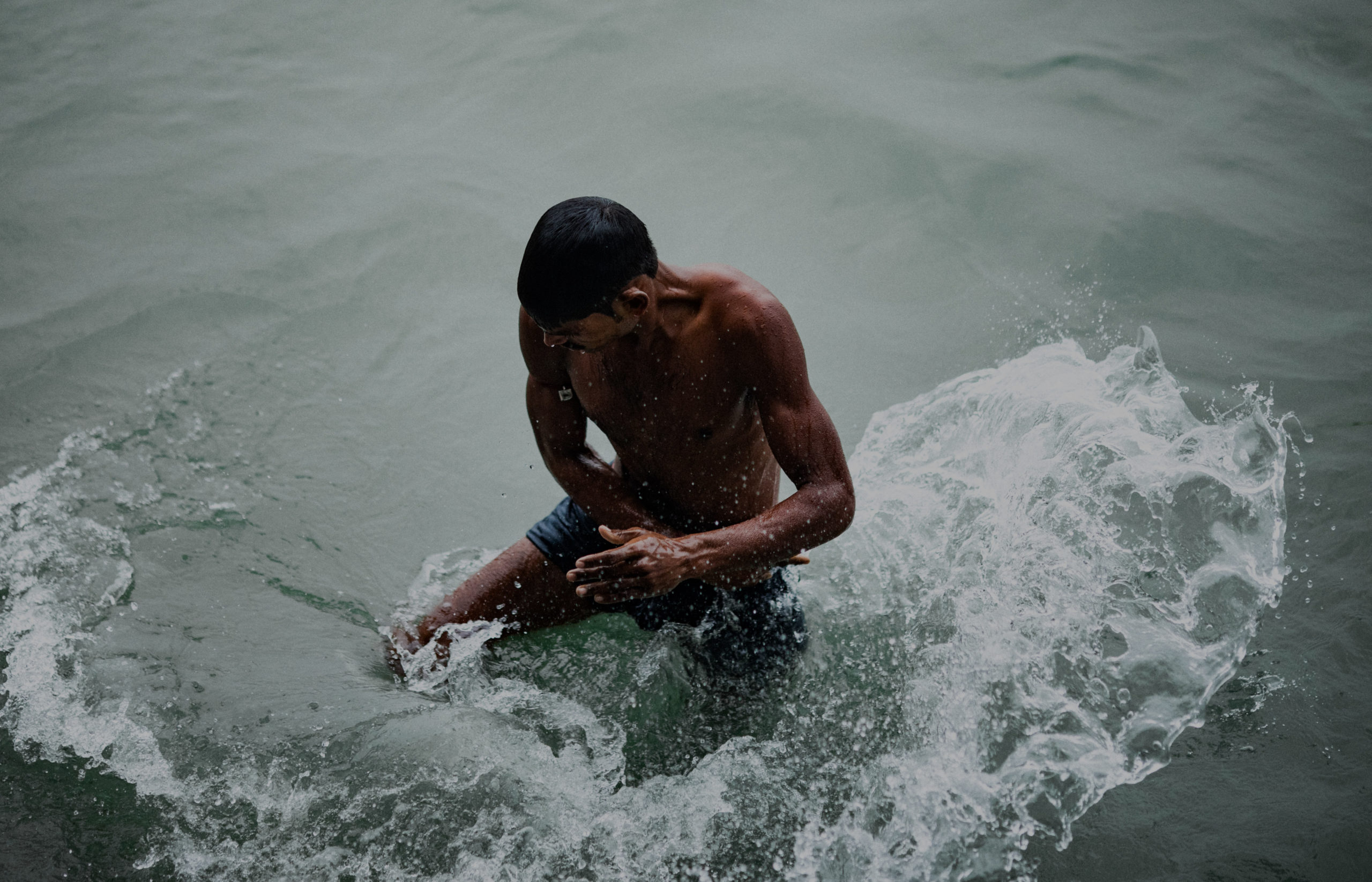
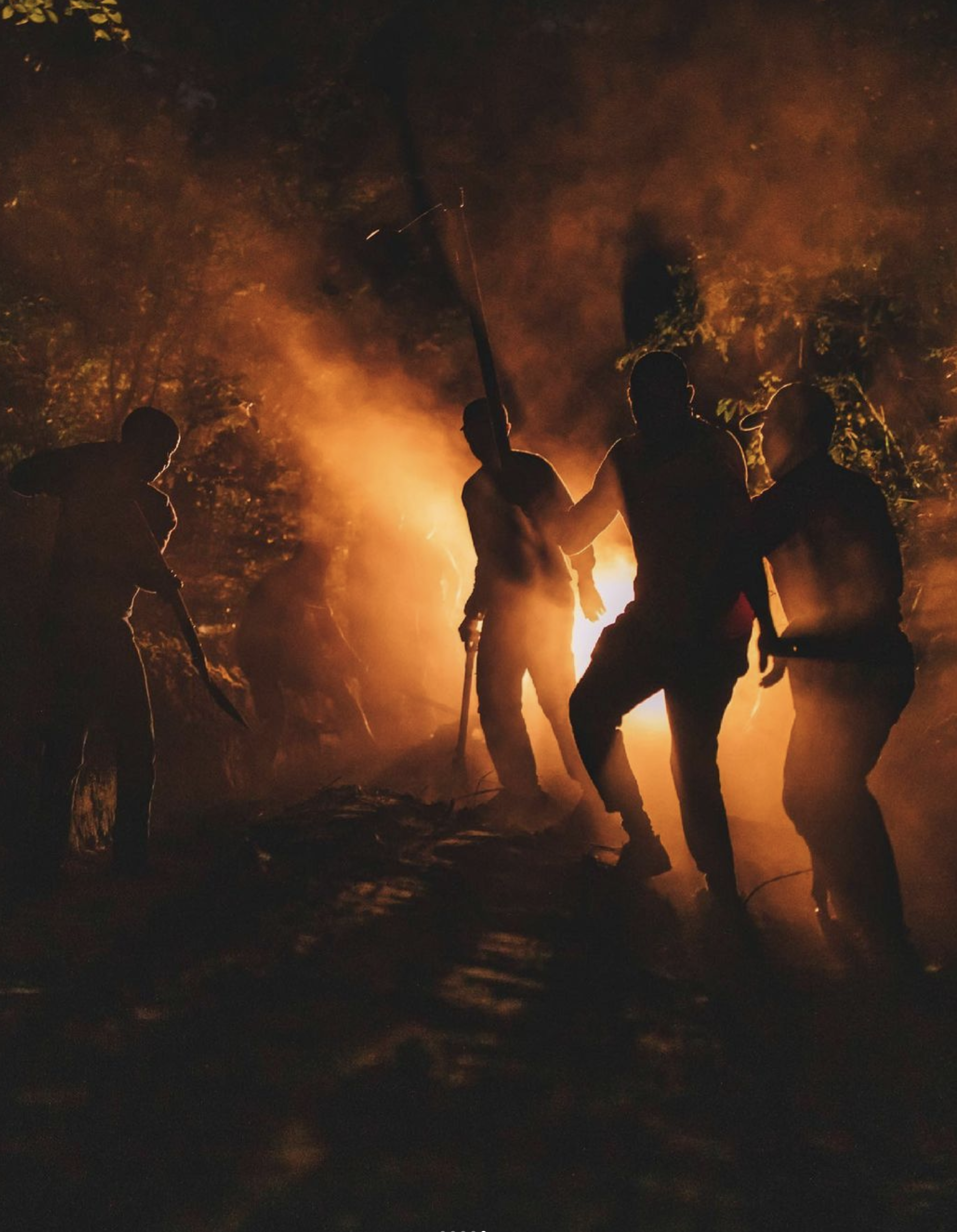
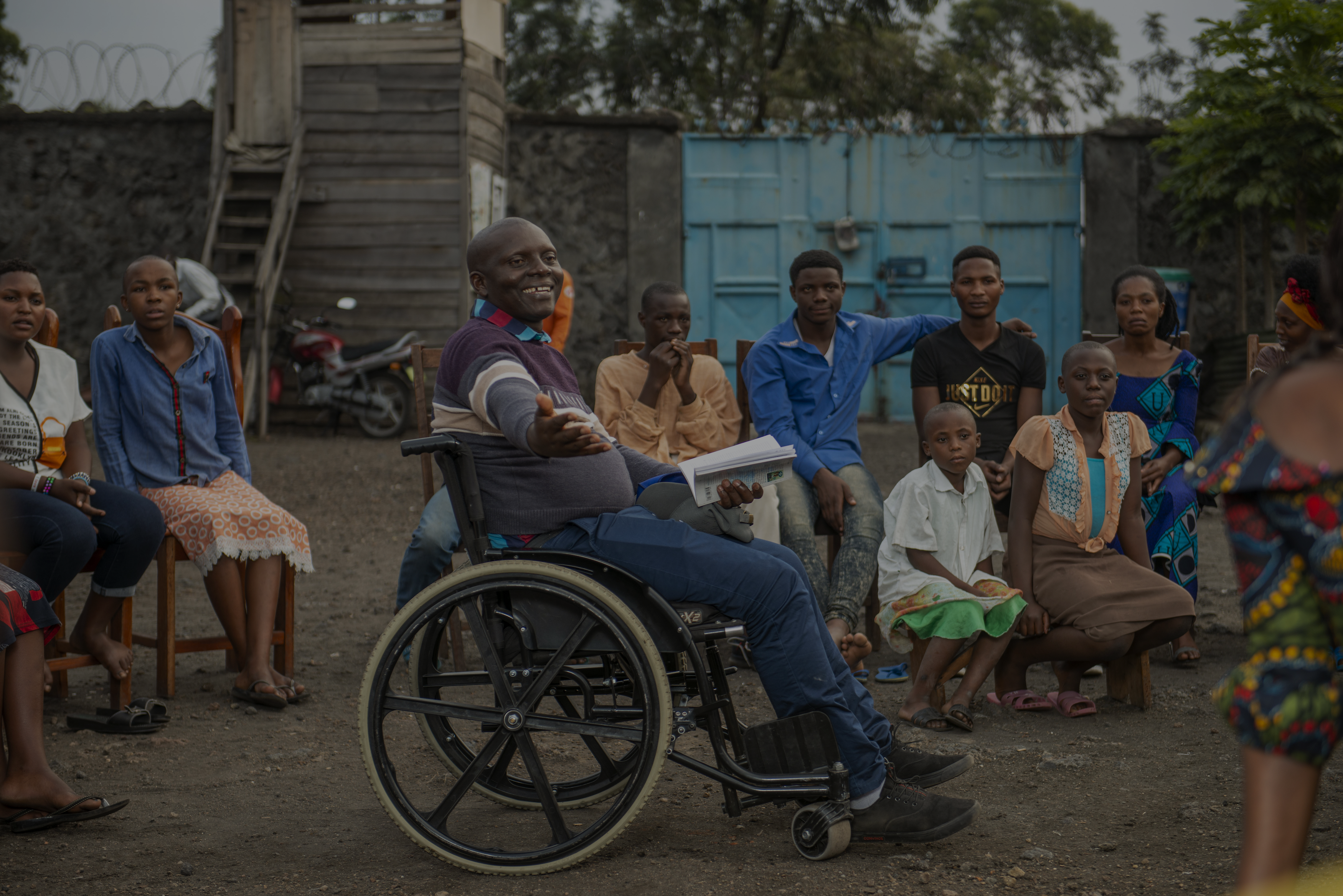

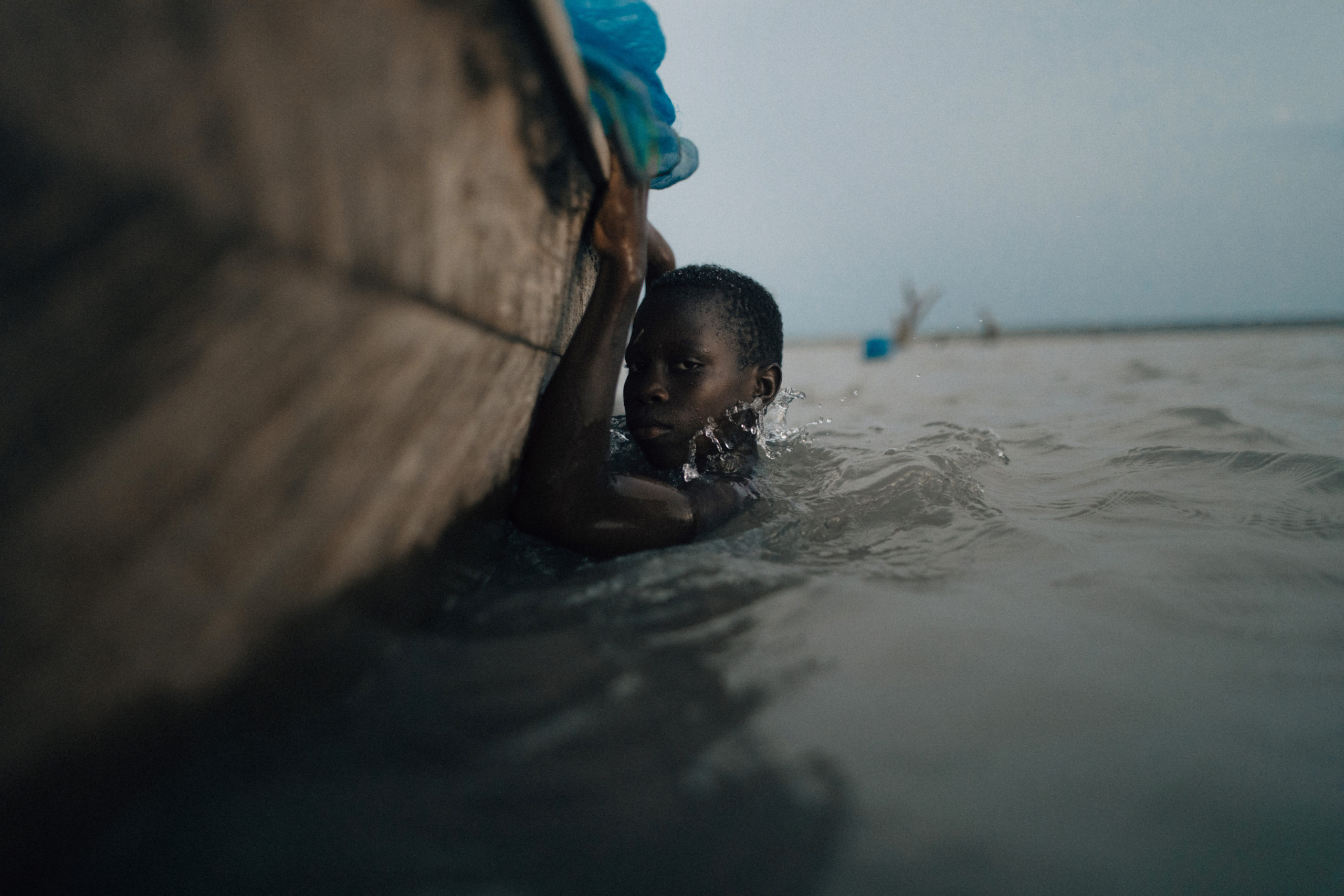


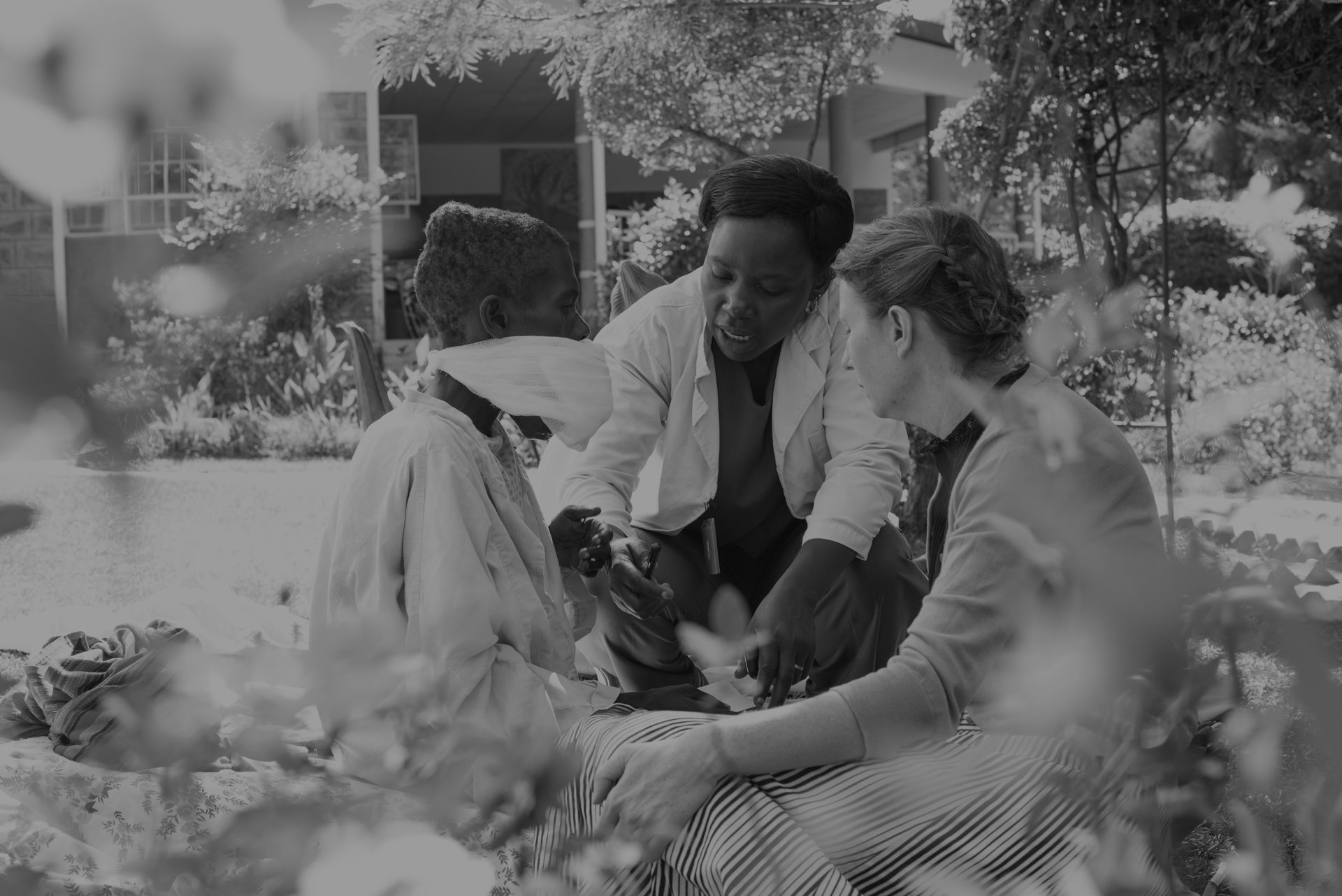

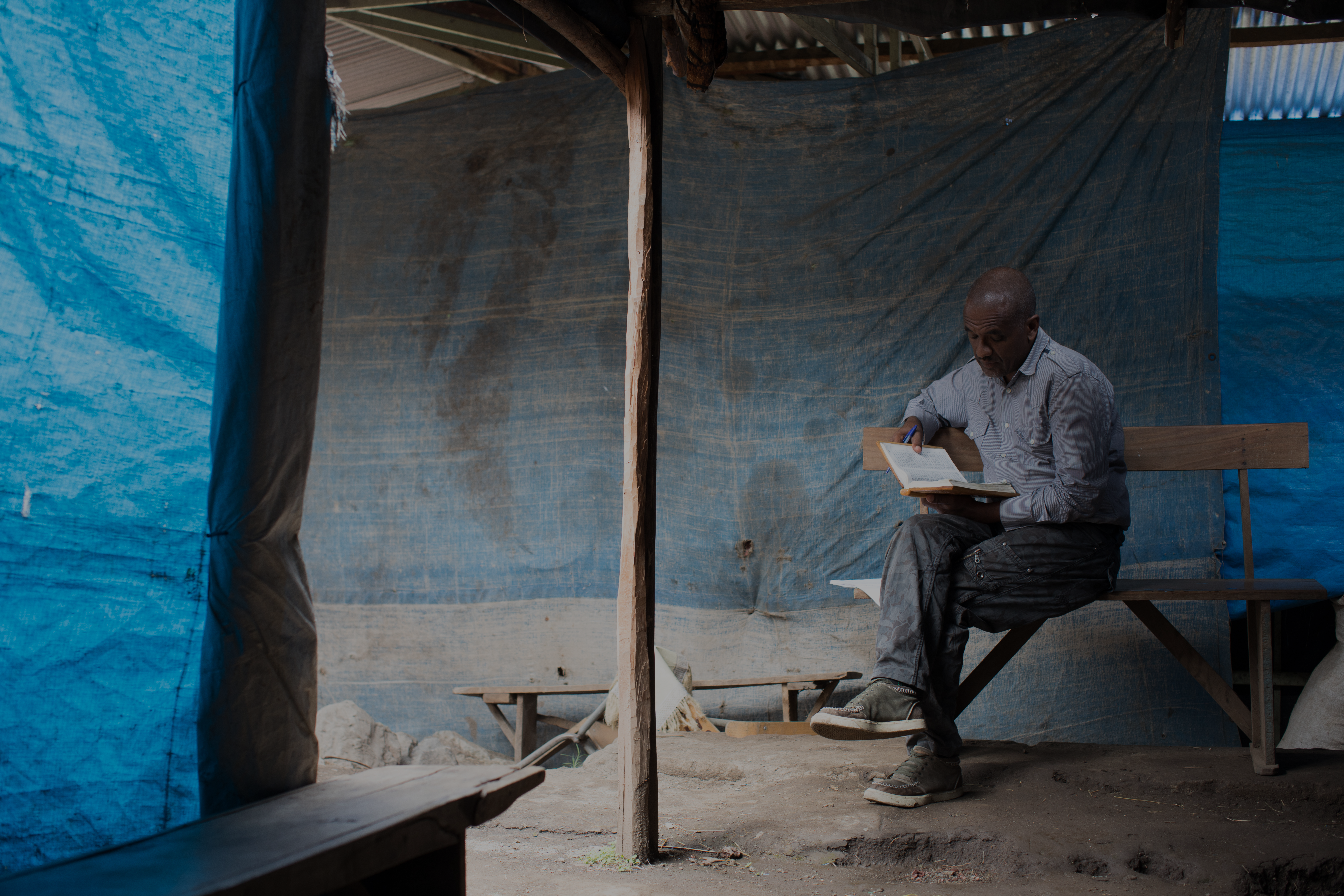
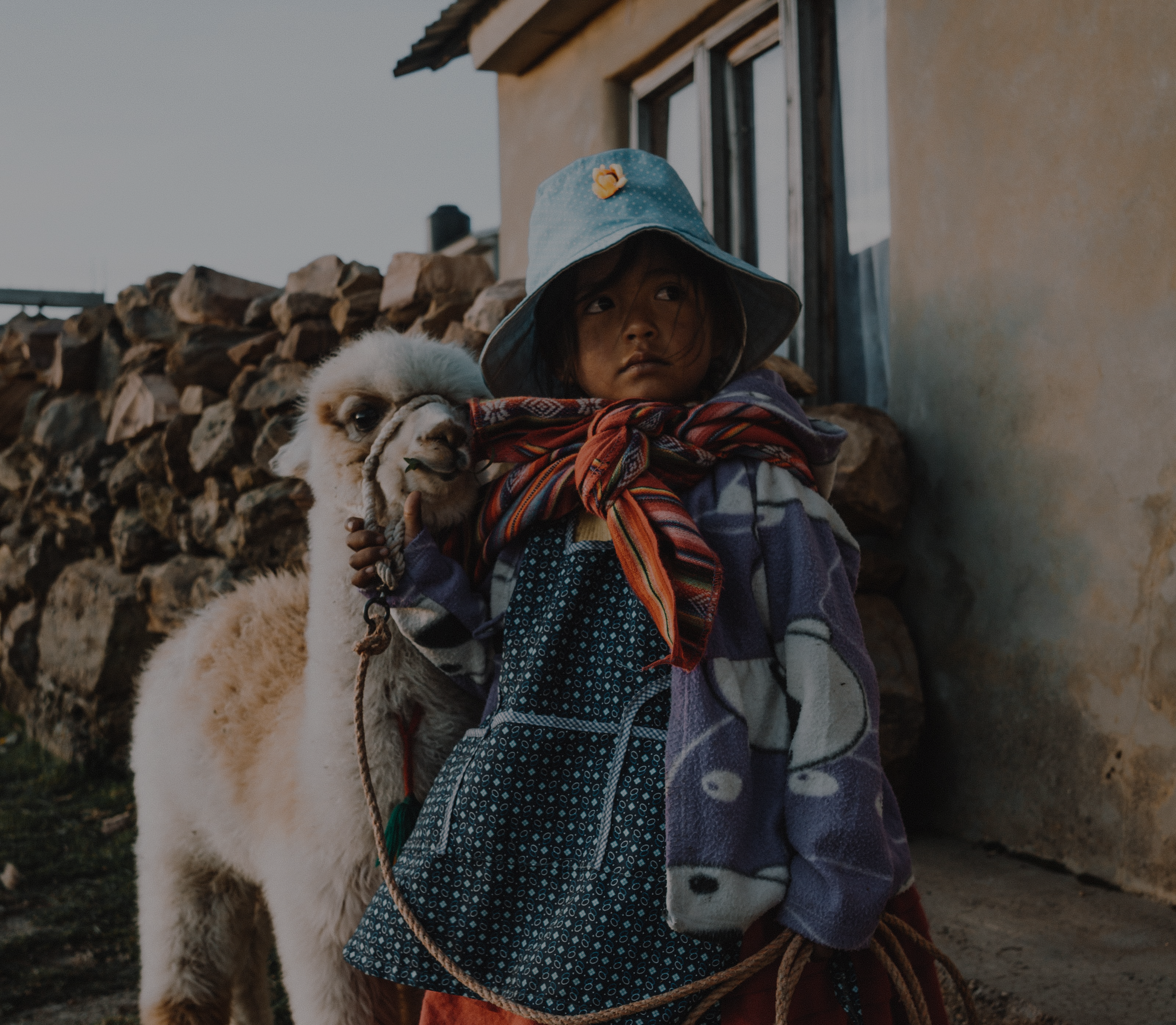
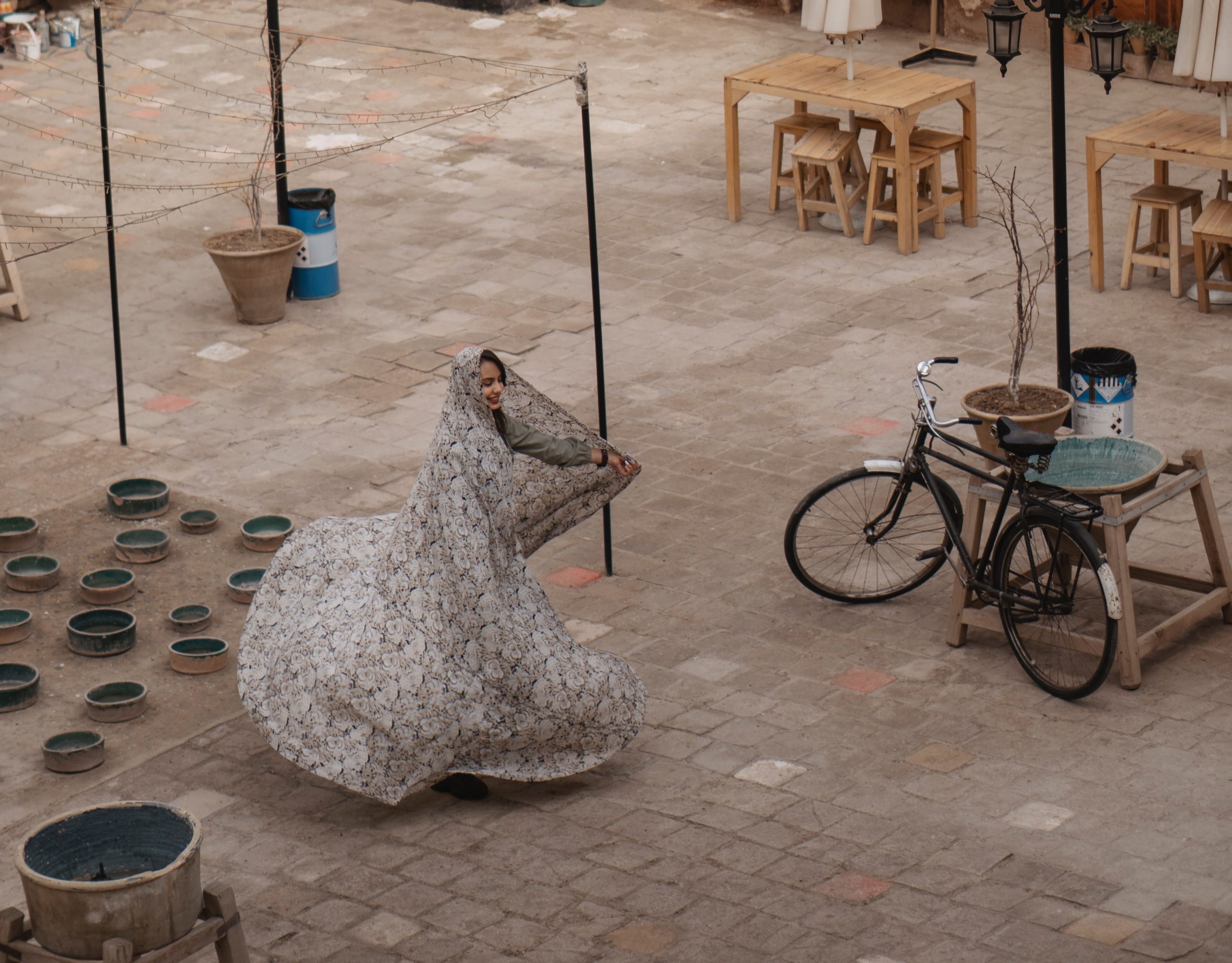

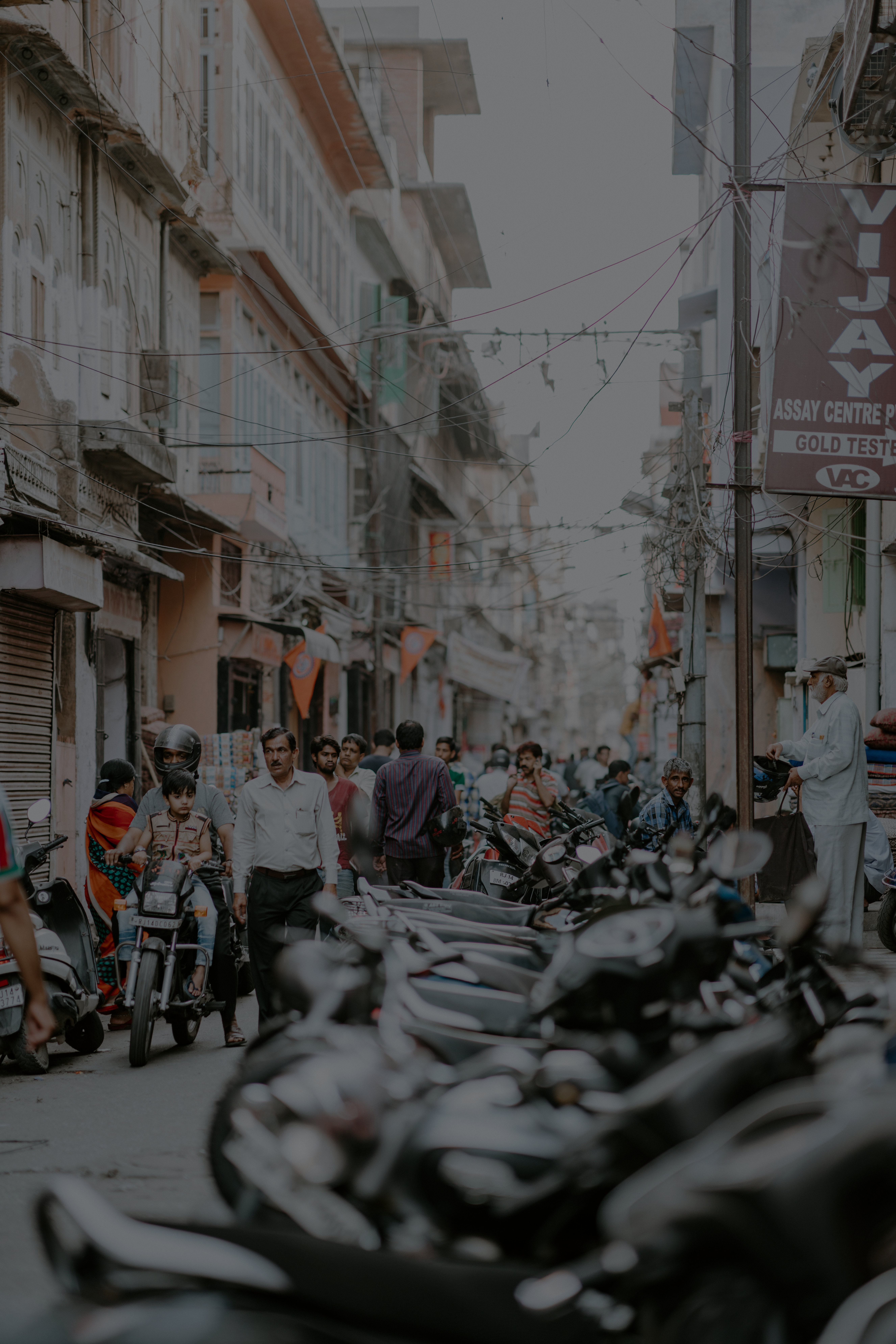

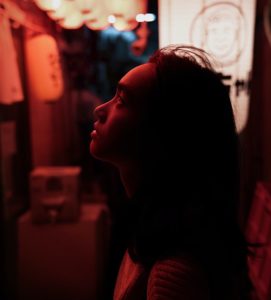

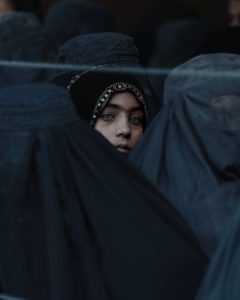

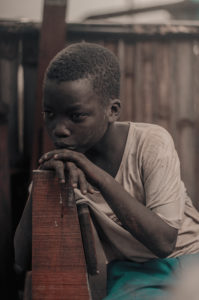
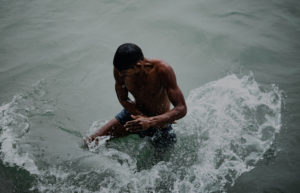
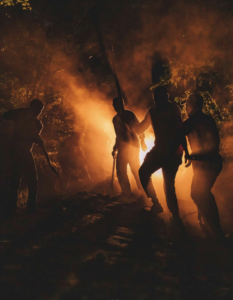
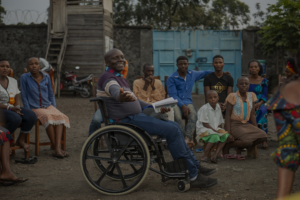

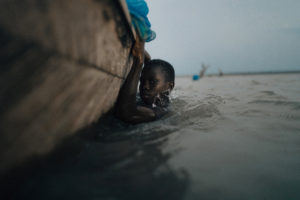


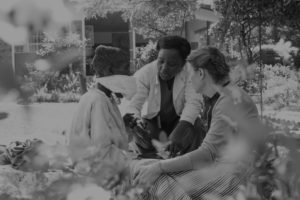

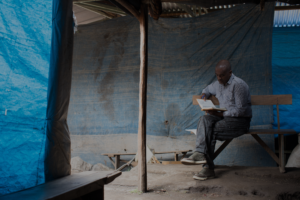

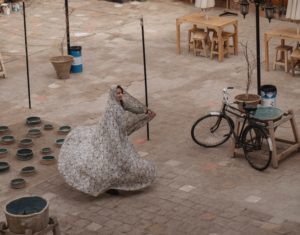


Share Article